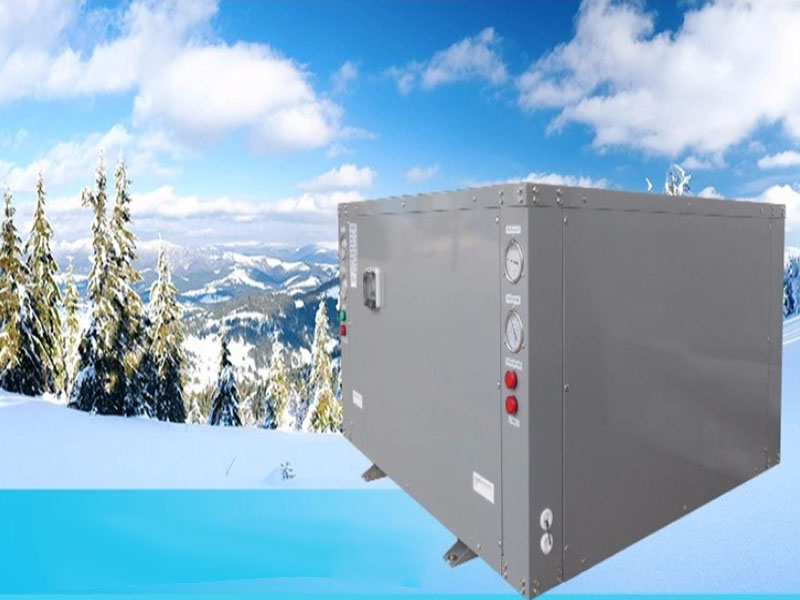
How efficient is a ground source heat pump system?
Modern systems can be very efficient. For each kilowatt of electricity used to run the heat pump, three to four kilowatts of heat can be delivered to the building. The efficiency of a ground source heat pump installation is very dependent on the quality of the design and installation. The efficiency of the installation is improved by utilising solar recharge of the ground.
Are ground source heat pumps new?
ground source heat pump systems are common, particularly in the USA, Canada, Sweden, Switzerland and Germany. The principles of ground source heat pumps were first described by Lord Kelvin in the 1850s and continuous development since they were first used commercially more than 50 years ago has greatly improved their efficiency and reliability. They now provide a proven, cost-effective, safe and environmentally friendly alternative to fossil fuels.
How large are ground source heat pumps?
A heat pump for a house is about the size of a large fridge. More powerful heat pumps for commercial buildings do not increase in size or price as much as they do in power output.
Can a ground source heat pump supply hot water?
Yes. Some domestic systems are able to heat domestic hot water via a modern high efficiency indirect water cylinder.
Can ground source heat pumps provide cooling?
Yes. Reverse-cycle heat pumps can deliver both heating and cooling very effectively. Cooling provided by heat exchange with cold ground is inherently more efficient than air conditioning which typically exchanges heat with hot air.
Can a standard domestic electricity supply be used?
Yes. Heat pumps are designed to run on a standard UK single phase supply. However, a three-phase supply is a preferable option, and will be essential for larger installations.
Remark:
If you‘re interesting in heat pump products,please feel free to contact OSB heat pump.
Some of the articles are taken from the Internet. If there is any infringement, please contact us to delete it.

